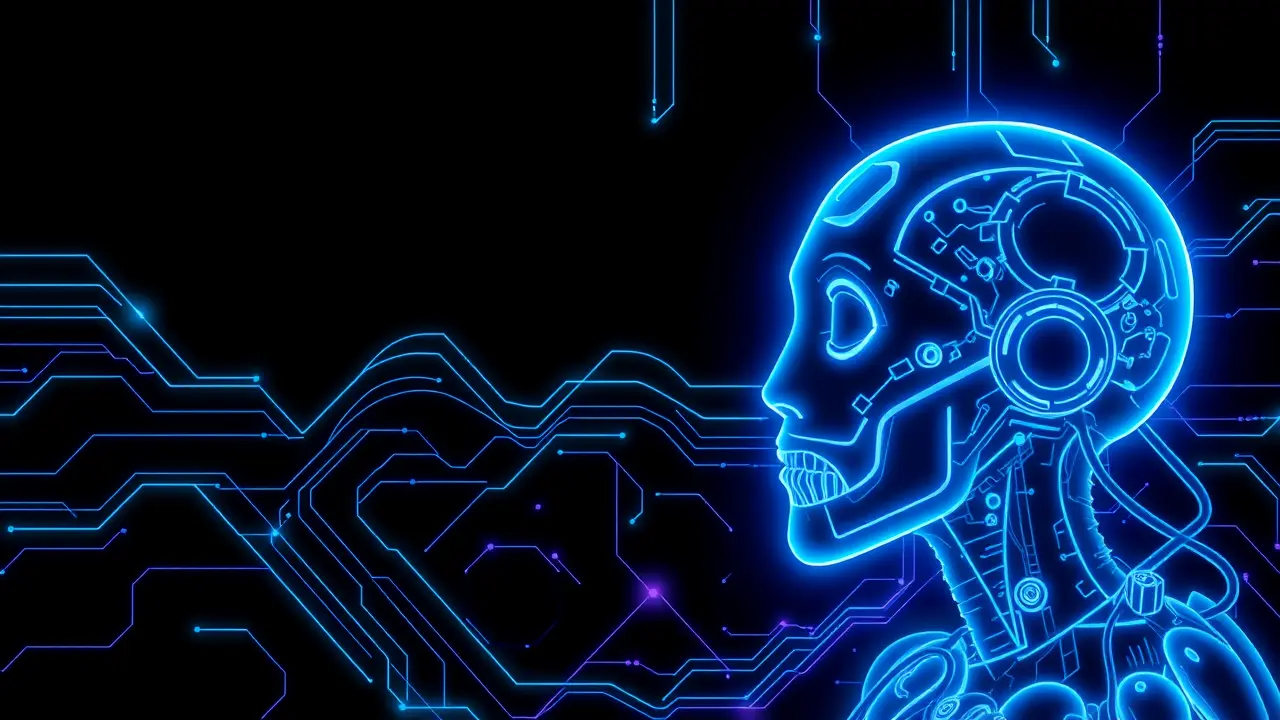AI's Negative Impact on Higher Education
The grand promises emanating from Silicon Valley boardrooms, where AI is routinely anthropomorphized as an entity capable of 'thought' and 'reason,' represent not a technological revolution but a profound corporate capture of the academic mission. This isn't merely a debate about chatbots writing passable essays; it's a systemic erosion of the very foundations of higher learning, a quiet coup where the pursuit of knowledge is subordinated to the logic of the market.The foundational sin, of course, is the data heist upon which these large language models are built—a vast, uncredited appropriation of intellectual labor spanning decades of scholarly articles, research papers, and critical texts, all scraped into a digital slurry without consent or compensation. This act of enclosure transforms the commons of human understanding into a proprietary asset, creating a feedback loop where the academy's own output is used to build systems that ultimately devalue its labor.We are witnessing the weakening of critical reading skills, as students increasingly interact with condensed, AI-generated summaries that strip away the nuance, the argumentative structure, and the very texture of original sources, fostering a generation of passive consumers of information rather than active, skeptical interpreters. Academic freedom, the bedrock of university life, is under threat not from a censorious government edict but from a more insidious pressure: the alignment of research agendas with what is computationally tractable and commercially viable for tech giants, sidelining qualitative, critical, and theoretical inquiries that don't fit the AI mold.The corporate interests now deeply embedded in university funding and partnerships—through endowed chairs, sponsored research labs, and exclusive software licensing deals—are effectively setting the curriculum, prioritizing technical skills for their future workforce over the cultivation of independent, critical thought. This is a replay of Asimov's warnings not in the form of rogue robots, but in the slow, bureaucratic suffocation of human intellect by systems designed for efficiency and control.The potential consequences are a hollowed-out humanities department, a compromised research integrity where studies must appease algorithmic sponsors, and a university system that no longer produces citizens capable of challenging power but instead produces efficient operators for it. To navigate this, we must champion policies that enforce transparency in training data, strengthen fair use protections for scholars, and critically re-evaluate the cozy relationships between universities and Big Tech, ensuring that the future of education is shaped by pedagogical values, not profit margins.
It’s quiet here...Start the conversation by leaving the first comment.
